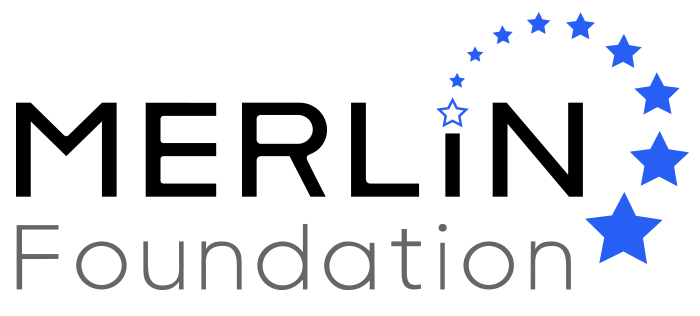Open Source Software for Legal
Improving Access to Justice
Supporting Open Source Projects
Educating on Benefits of Open Source
Making the Legal Process More Efficient
Improving Legal Representation
Reducing Legal Costs
A Home for Legal Open Source
Mission & Vision
The mission of the Merlin Legal Open Source Foundation is to improve access to justice and make legal operations and regulatory compliance more efficient through the use of open source software
The Magic of Open Source Software
Since the rise of the Internet, there have been two revolutionary advances in computing that are shaping the creation and delivery of software today. The first is the development of open source software.
Leadership & Advisory Board
The Merlin Foundation is led by Executive Director, John Tredennick and CFO, Lew Visscher (both unpaid volunteers. We are in the process of determining staff needs as the organization grows).
Featured Open Source Projects
The mission of the Merlin Legal Open Source Foundation is to promote and support open source projects that improve access to justice and make legal and regulatory compliance more efficient.

A Home for Legal Open Source
The Merlin Legal Open Source Foundation strives to foster education about the benefits of open source software; provide a central platform for legal professionals to collaborate on open source development projects; and distribute open source software under free license to individuals and organizations around the world.
Our goal is to improve access to justice and to make legal and regulatory processes more efficient and effective through the use of open source software and secure cloud computing.
The Merlin Legal Open Source Foundation is a non-profit corporation recognized by the United States Internal Revenue Service as a tax exempt charitable and educational organization under section 501(c)(3) of the Internal Revenue Code.
What’s Happening?

Travers Smith Offers New AI Powered Contract Management Tool
Advisory Board Member Shawn Curran and his law firm Travers Smith have launched a new open source software project called Etatonna, which uses AI to analyze contract clauses.

Bob Ambrogi interviews CEO John Tredennick for LawNext
Robert Ambrogi interviewed Executive Director John Tredennick for his LawNext podcast.

Docacon 2020
Attend Docacon 2020, a virtual conference for Docassemble Users and Developers Merlin Legal Foundation Advisory Board Member Jonathan Pyle will be leading Docacon 2020, an


